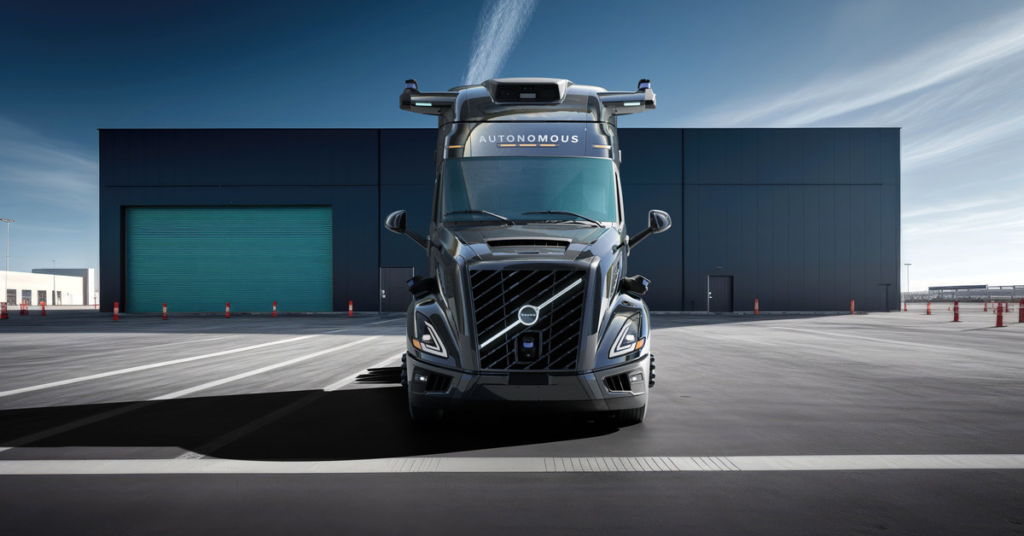Volvo showed off its first “production-ready” self-driving truck in partnership with Aurora, a self-driving technology company founded by former Google, Uber and Tesla executives.
The truck is based on Volvo’s new VNL, a Class 8 semi-trailer designed for long-distance hauling. The self-driving version of the truck is equipped with an array of sensors and cameras that power Aurora’s Level 4 autonomous system, allowing the truck to operate without a driver behind the wheel. The companies said the truck is “specifically designed and built” for Aurora’s self-driving hardware and software stack.
Volvo President Nils Jaeger said: “This truck is the first of our standardized global autonomous driving technology platform, which will enable us to introduce additional models in the future and bring autonomous driving to all Volvo Group Truck brands as well as other regions and use cases. Function.
The truck is based on Volvo’s new VNL, a Class 8 semi-trailer designed for long-distance hauling
The concept of purpose-built vehicles is important for the mass production of self-driving trucks, which is crucial if these companies are to get a return on the huge sums they have invested in self-driving development. The trucks will be built at Volvo’s New River Valley plant in Dublin, Virginia, the company’s largest plant in the world.
Volvo, which produces about 10% of the world’s Class 8 trucks, first began working with Aurora in 2018 to develop self-driving truck solutions. The two companies have tested their technology on public roads, and Aurora has driven 1.5 million miles on commercial roads.
Aurora said it plans to deploy 20 fully autonomous trucks this year, with plans to expand to about 100 trucks in 2025 and eventually sell them to other companies. The company is also working with German auto supplier Continental to plan large-scale deployment of driverless trucks in 2027.
Self-driving trucks were once thought to reach mass adoption ahead of robo-taxis and personally owned self-driving cars, but have encountered similar hurdles as other vehicle types along the way. Some companies have folded, while others have cut plans to deploy driverless trucks as time stretches into the future and funding has dried up. Other automakers remain optimistic, designing their own autonomous trucks and meeting strict deployment deadlines.
Aurora has not had any public incidents and has not attracted negative government attention like some of its peers. The company reported a net loss of $165 million in the first quarter of 2024, an improvement of 16% from the same period a year earlier.

